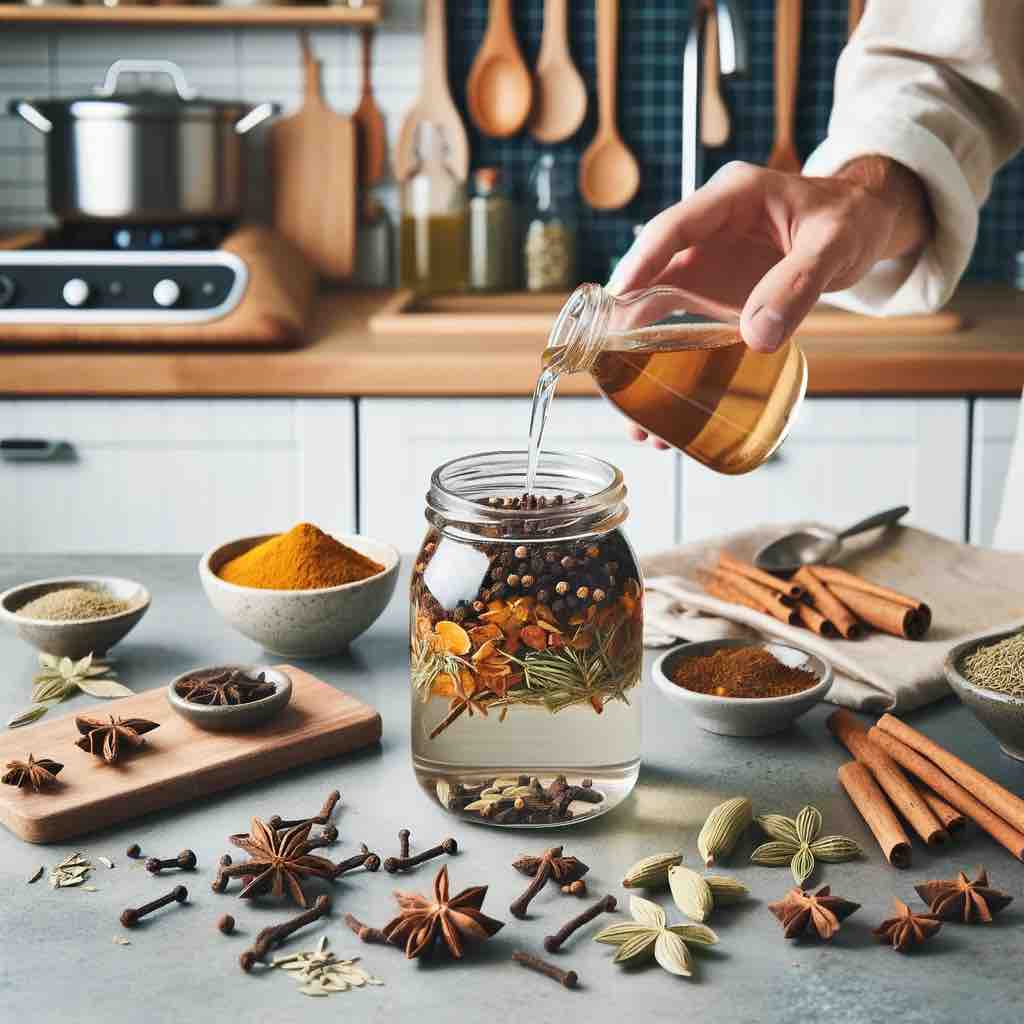
In the realm of health and wellness, two superfoods have risen above the rest for their remarkable health benefits: turmeric and moringa. These ancient herbs are not only known for their distinct flavors but also for their powerful health-boosting properties. Combining these two might just be the secret elixir for achieving your weight loss goals and enhancing your overall well-being.
Unveiling the Magic of Turmeric
Turmeric, often referred to as the “Golden Spice,” is celebrated for its anti-inflammatory and antioxidant properties, thanks to curcumin, its active compound. This vibrant spice has been a cornerstone in traditional medicine for centuries, offering benefits that extend far beyond its culinary use.
The Health Wonders of Curcumin
- Anti-inflammatory Powerhouse: Curcumin fights inflammation at the molecular level, which is crucial since chronic inflammation is a root cause of many health issues.
- Antioxidant Abundance: It neutralizes free radicals and stimulates the body’s own antioxidant defenses, protecting us from various diseases and slowing down the aging process.
- Brain and Heart Health: Curcumin boosts brain-derived neurotrophic factor (BDNF), linked to improved brain function and a lower risk of brain diseases. It also benefits heart health by improving the function of the endothelium, the lining of your blood vessels.
Moringa: The Miracle Tree
Moringa oleifera, often hailed as the “Miracle Tree,” is a nutrient-dense plant native to parts of Africa and Asia. It’s packed with vitamins, minerals, and antioxidants, making it an invaluable addition to any diet.
Nutritional Profile of Moringa
- Rich in Vitamins and Minerals: Moringa leaves are loaded with vitamins A, C, and E, calcium, potassium, and protein, covering a wide spectrum of your daily nutritional needs.
- Fights Inflammation and Oxidative Stress: The antioxidants in moringa, such as quercetin and chlorogenic acid, combat inflammation and oxidative stress, contributing to disease prevention and weight management.
- Enhances Energy and Vitality: Moringa is a great energy booster, thanks to its rich iron and calcium content, which helps in reducing tiredness and fatigue.
Turmeric and Moringa: A Dynamic Duo for Weight Loss
When it comes to weight loss, turmeric and moringa complement each other perfectly, offering a two-pronged approach to shedding those extra pounds.
- Metabolism Boost: Turmeric increases the body’s metabolic rate, helping burn calories faster, while moringa’s high fiber content aids in digestion and prevents overeating by making you feel full longer.
- Detoxification: Both superfoods help detoxify the body, improving liver function and flushing out toxins that can hinder weight loss efforts.
- Blood Sugar Regulation: Moringa helps stabilize blood sugar levels, reducing cravings and mood swings, while turmeric’s anti-inflammatory properties can prevent insulin resistance, a key factor in obesity and diabetes.
Incorporating Turmeric and Moringa into Your Diet
Simple and Delicious Ways
- Morning Boost: Start your day with a turmeric and moringa tea or smoothie to kickstart your metabolism and energize your body.
- Cooking: Incorporate turmeric and moringa powder into your soups, stews, and vegetable dishes for an extra nutrient punch.
- Supplements: For a more concentrated dose, consider taking turmeric and moringa supplements, but consult with a healthcare provider first.
Precautions and Recommendations
While turmeric and moringa are generally safe for consumption, moderation is key. High doses of turmeric can cause digestive issues, and moringa seeds and extracts should be consumed cautiously due to their potent properties.
Conclusion: Embrace the Power of Nature
Turmeric and moringa are more than just supplements; they are a lifestyle choice for those seeking to improve their health naturally. This dynamic duo offers a holistic approach to weight loss, nourishing your body, fighting inflammation, and promoting overall well-being. By making turmeric and moringa a part of your daily regimen, you’re not just embarking on a weight loss journey; you’re paving the way for a healthier, more vibrant life.
Embrace the power of these natural superfoods and discover the transformation they can bring to your health and wellness journey.













